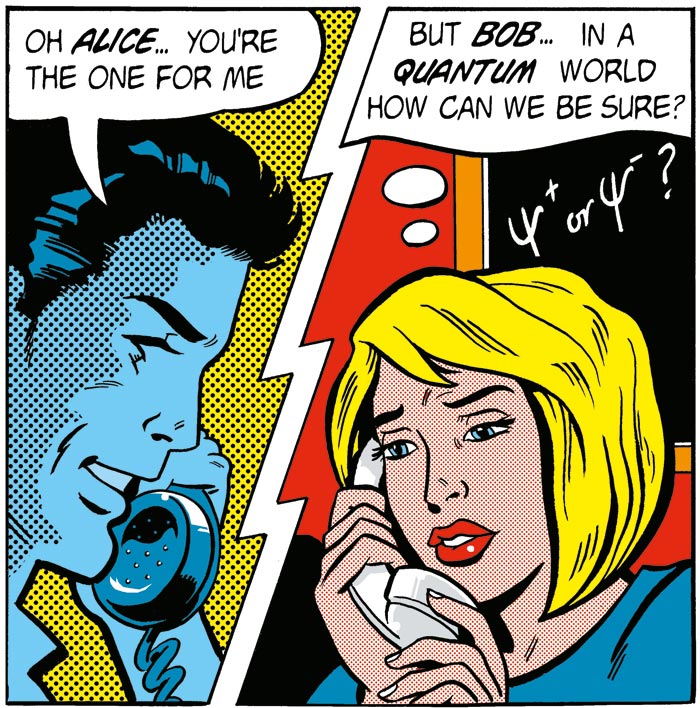The most important and interesting about encryption.
A series of articles understandable even to non-specialists.
There is another important nuance, which concerns encryption algorithms. In particular, asymmetric ones. As a rule, when we talk about the cryptographic robustness of algorithms, we are referring to cryptanalysis performed with classical computers. But quantum computers already exist.
Quantum computer vs classic computer
What is the difference between a classical computer and a quantum computer? The classical computer operates with bits in the state either “0” or “1”. And the computational power of the quantum computer is based on qubits. So, these qubits can be simultaneously in the state “1” and “0”. And in different percentages of “1” and “0”. Thus, there are a variety of possible states. It gives the quantum computer an enormous advantage over a classical computer in solving mathematical problems.
Simply put, the quantum computer can solve in a second the mathematical problem that the classical computer would take hundreds of years to solve.
What will happen with encryption algorithms?
It turns out that asymmetric algorithms based precisely on mathematical problems cannot resist the quantum computer. However, RSA has already been hacked. By the way, without the quantum computer. As soon as a sufficiently powerful quantum computer appears, hacking the existing asymmetric algorithms will no longer be an impossible task.
We have already told in detail in this article about the development of quantum computing. As well as about the onset of the so-called Quantum Apocalypse for cryptocurrencies. The Quantum Apocalypse threatens not only cryptocurrencies. But other IT-developments as well. All types of information (private, corporate, public), which uses asymmetric encryption algorithms are under threat.
Quantum vulnerability in action
So, hacking channels encrypted with hybrid encryption will look something like this:
— Firstly, the quantum computer will fit the keys to the asymmetric encryption algorithm, with which Alice and Bob send each other a session key of symmetric encryption;
— Secondly, the intercepted session key encryption will decrypt the messages exchanged between Alice and Bob using the symmetric encryption algorithm.

However, the way out of the impasse exists. It is be the so-called post-quantum cryptography. The idea behind post-quantum encryption algorithms is that they defy quantum computing.